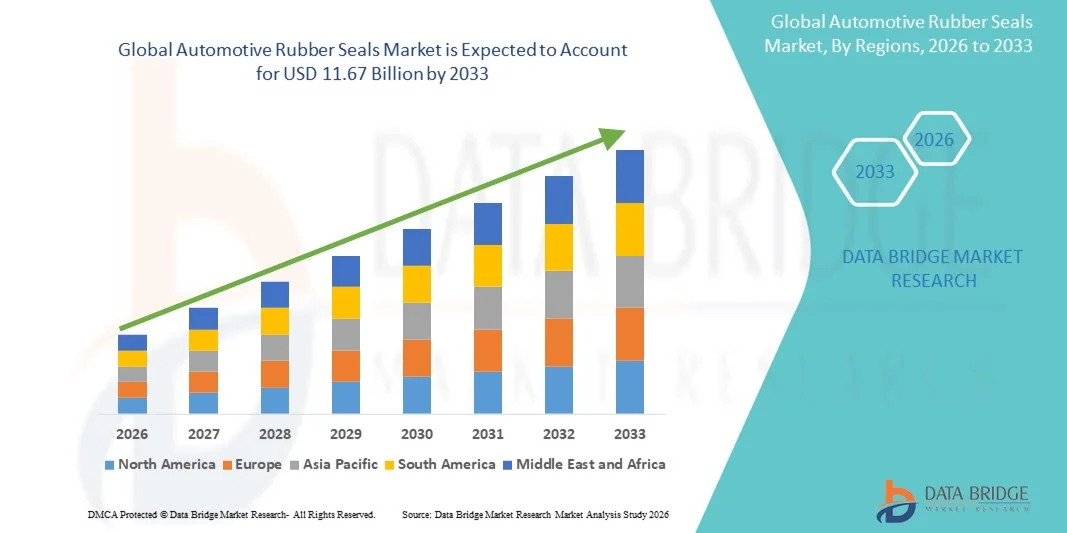International trade is full of opportunities, but it is equally full of challenges. Importers face a wide range of rules that govern tariffs, product classifications, and customs declarations. Even a small mistake can lead to penalties, delays, or costly disputes with regulators. For businesses that depend on global supply chains, these risks are too significant to ignore.
That is why having a Customs Attorney on your side makes all the difference. These professionals specialize in navigating customs law and protecting companies from the many pitfalls that arise in cross-border trade. Their guidance helps importers maintain compliance, reduce costs, and focus on growing their business with confidence.
1. Avoiding Penalties and Fines
One of the biggest risks for importers is noncompliance with customs regulations. Even unintentional errors in classification, valuation, or documentation can result in significant fines. Customs authorities have broad powers to impose penalties that can disrupt cash flow and harm reputation.
A customs attorney ensures that all entries are compliant with regulations, minimizing the likelihood of errors that could trigger enforcement actions. They also provide defense if a company is accused of violations, helping reduce or eliminate penalties.
2. Correct Product Classification
Every product imported must be classified correctly under the Harmonized Tariff Schedule (HTS). This classification determines the duties and tariffs applied. Misclassification can either lead to overpayment of duties or, worse, underpayment that results in penalties.
An attorney’s expertise ensures that products are classified accurately. They can also challenge improper classifications imposed by customs authorities, saving companies money while keeping them compliant.
3. Managing Tariffs and Duties
With frequent changes in global trade policies, tariffs can shift quickly. Importers may suddenly face higher costs when new tariffs are imposed on specific goods or countries. Without proper planning, these changes can erode profit margins.
A customs attorney helps businesses adapt by reviewing tariff classifications, applying for exemptions, or restructuring supply chains to minimize costs. Their strategies keep importers competitive despite an unpredictable trade environment.
4. Handling Customs Audits and Investigations
Customs agencies routinely audit importers to ensure compliance. These audits can be stressful, time-consuming, and potentially damaging if handled poorly. Investigations may involve reviewing years of import data, contracts, and documentation.
A customs attorney represents the importer throughout the process, ensuring that responses are accurate and strategically managed. They also help companies prepare for audits in advance, reducing the chance of adverse findings.
5. Resolving Disputes Efficiently
Disputes with customs authorities are not uncommon. They can arise over valuation, classification, or alleged violations. Left unresolved, these disputes may escalate into legal battles that disrupt business operations.
An attorney provides representation in negotiations, appeals, or litigation. By presenting a strong legal case, they increase the likelihood of favorable outcomes while protecting the importer’s interests.
6. Advising on Trade Agreements and Opportunities
Many importers miss opportunities to reduce duties or gain market access under free trade agreements (FTAs) or special tariff programs. These agreements can significantly lower costs if used correctly.
A customs attorney helps companies determine eligibility for these programs and ensures that proper documentation is maintained. This not only reduces costs but also improves the company’s competitive position in global markets.
7. Building Long-Term Compliance Strategies
Compliance is not a one-time issue. Importers must continuously monitor changes in laws, trade agreements, and enforcement priorities. Without a proactive strategy, businesses risk falling behind and facing unexpected challenges.
A customs attorney works with companies to build long-term compliance programs. These include internal training, policy development, and risk assessments designed to keep operations smooth and legally sound over time.
Bullet Point Summary: Why Importers Need Legal Support
- Penalty Protection
Attorneys prevent costly fines by ensuring full compliance with customs regulations. - Accurate Classification
Correct product classification avoids disputes and unnecessary costs. - Tariff Management
Legal expertise reduces the impact of shifting trade policies on business expenses. - Audit Support
Attorneys guide companies through audits, protecting them from negative findings. - Dispute Resolution
Legal representation ensures faster, more favorable outcomes when disputes arise. - Trade Advantage
Attorneys help importers take advantage of free trade agreements and tariff exemptions. - Strategic Compliance
Long-term strategies protect businesses from future risks and regulatory changes.
These benefits highlight how legal expertise is not just a safeguard but also a strategic advantage for importers.
The Risks of Operating Without Legal Guidance
Importers that attempt to manage customs issues without legal support often face costly consequences. Common problems include misclassified goods, missed duty savings, exposure to sanctions violations, and difficulties during audits. Each of these issues can lead to financial losses and reputational harm that far outweigh the cost of hiring an attorney.
In addition, without proper guidance, companies may overlook opportunities for cost savings through duty drawback programs, tariff exclusions, or trade agreements. This puts them at a disadvantage compared to competitors who use legal expertise to optimize their operations.
The Future of Trade and Customs Law
As global trade becomes more interconnected, regulations will only grow more complex. New technologies, digital trade, and evolving geopolitical conditions create constant changes in customs enforcement. Companies must remain agile and prepared.
Customs attorneys will continue to play a critical role in this environment. Their ability to interpret regulations, adapt to new rules, and guide businesses through compliance challenges makes them indispensable for any importer operating on a global scale.
Conclusion
For importers, customs compliance is not optional. Mistakes in classification, documentation, or tariff management can result in serious penalties and long-term operational issues. Having a legal expert ensures that companies avoid these pitfalls and remain competitive in an unpredictable trade landscape.
Just as businesses increasingly rely on customs lawyers for protection and guidance, importers should see legal support as an investment in both compliance and growth. A customs attorney is not only a defense against risk but also a partner in building smarter, more resilient trade strategies.





